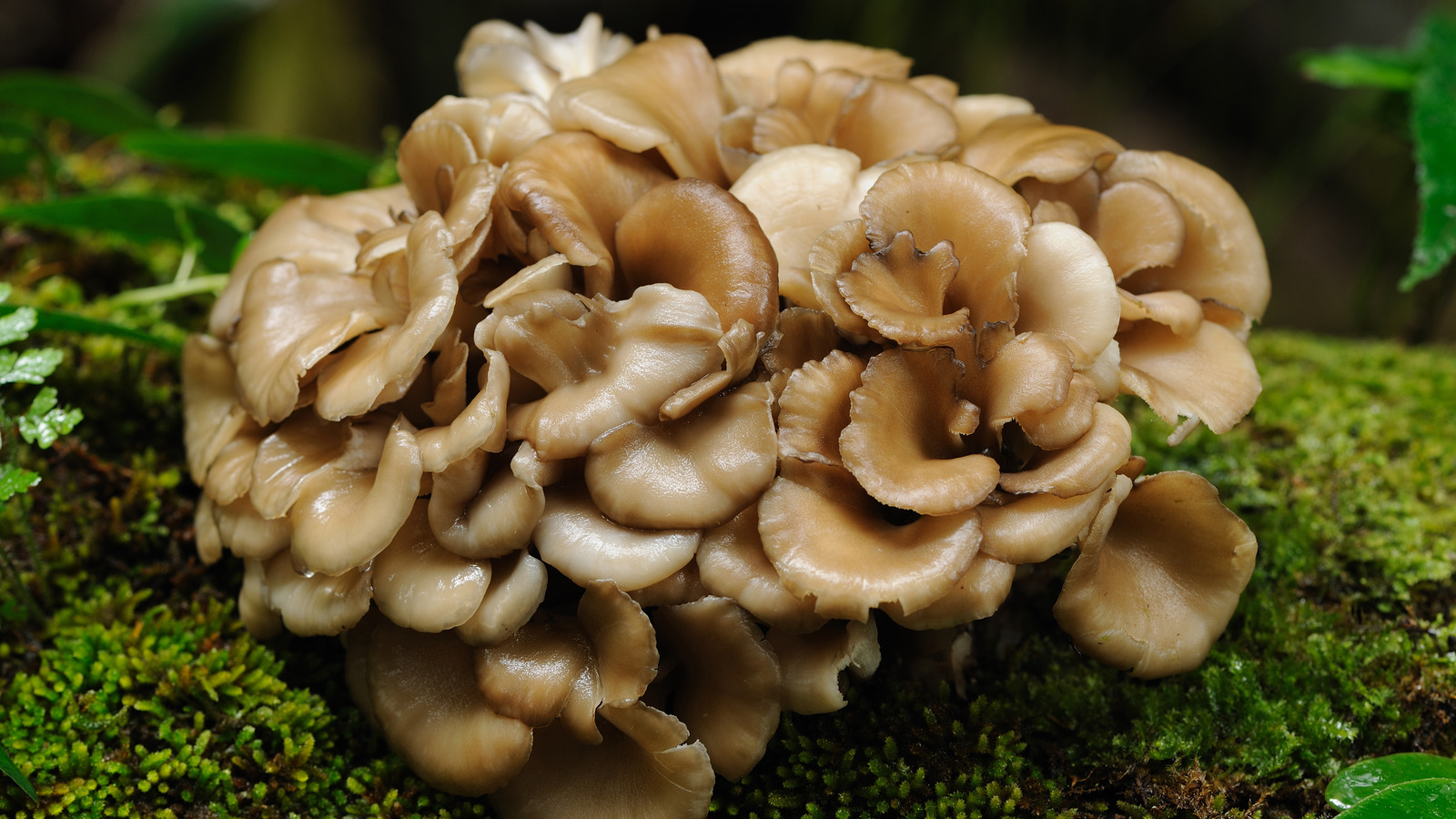Baby Botox
Why Baby Botox Is Perfect For Busy Clients In SurreyJune 28, 2025

Lion’s Mane mushroom, scientifically known as Hericium erinaceus, is a unique and intriguing fungus with a history rooted in traditional medicine. This comprehensive guide aims to explore the multifaceted advantages of Lion’s Mane mushrooms, providing a detailed understanding of their significance, traditional uses, potential health benefits, and the latest scientific insights into this remarkable mushroom. Whether you’re a health enthusiast, a curious explorer of natural remedies, or simply intrigued by the world of fungi, this guide serves as a valuable resource on the benefits of Lion’s Mane mushrooms.
This chapter introduces Lion’s Mane mushrooms, discussing their appearance, habitat, and significance in traditional Chinese and Japanese medicine.
Understanding the scientific basis for the benefits of Lion’s Mane mushrooms is crucial. This chapter delves into the bioactive compounds found in Lion’s Mane, including hericenones and erinacines, and their potential impact on health.
Lion’s Mane mushrooms are known for their diverse health benefits. This chapter explores the potential advantages of Lion’s Mane, including its potential role in cognitive health, nerve regeneration, and immune system support.
Cognitive health is a significant concern for many. This chapter discusses how Lion’s Mane mushrooms may enhance cognitive function, improve memory, and potentially reduce the risk of neurodegenerative diseases like Alzheimer’s.
Lion’s Mane mushrooms have been studied for their potential to promote nerve growth and regeneration. This chapter explores their role in peripheral nerve repair and their application in neuropathy treatment.
A robust immune system is essential for staying healthy. This chapter delves into how Lion’s Mane mushrooms can potentially boost immune function, helping the body defend against infections and illnesses.
Digestive health is crucial for overall well-being. This chapter discusses the potential benefits of Lion’s Mane mushrooms for gastrointestinal health, including their role in reducing inflammation and improving digestive disorders.
Lion’s Mane mushrooms possess powerful antioxidant properties. This chapter discusses how their antioxidants can combat free radicals, reduce oxidative stress, and potentially lower the risk of chronic diseases.
Understanding potential considerations and precautions related to Lion’s Mane is crucial for safe usage. This chapter discusses potential side effects, interactions with medications, and how to use Lion’s Mane responsibly.
To experience the benefits of Lion’s Mane mushrooms, it’s essential to know how to incorporate them into your diet. This chapter offers practical insights into preparing and consuming Lion’s Mane, including teas, tinctures, and supplements.
In the conclusion, we summarize the extensive benefits of Lion’s Mane mushrooms, their potential applications, and practical insights for optimizing health and well-being through the incorporation of this remarkable functional mushroom.
Lion’s Mane mushrooms are a source of inspiration for those seeking natural remedies and potential health benefits. This guide provides a comprehensive overview of their significance, potential health advantages, and practical insights for incorporating them into your wellness routine. Understanding the science and tradition behind Lion’s Mane mushrooms is essential for those seeking holistic health solutions or natural remedies. By exploring the multifaceted benefits of Lion’s Mane, individuals can potentially enhance their well-being and cognitive health while delving into the captivating world of functional mushrooms.
Psychology, Philosophy and Linguistics (MSci) – University of Oxford Barbara is a freelance writer and a sex and relationships adviser at Dimepiece LA and Peaches and Screams. Barbara is involved in various educational initiatives aimed at making sex advice more accessible to everyone and breaking stigmas around sex across various cultural communities. In her spare time, Barbara enjoys trawling through vintage markets in Brick Lane, exploring new places, painting and reading. [email protected]
WhatsApp us

0